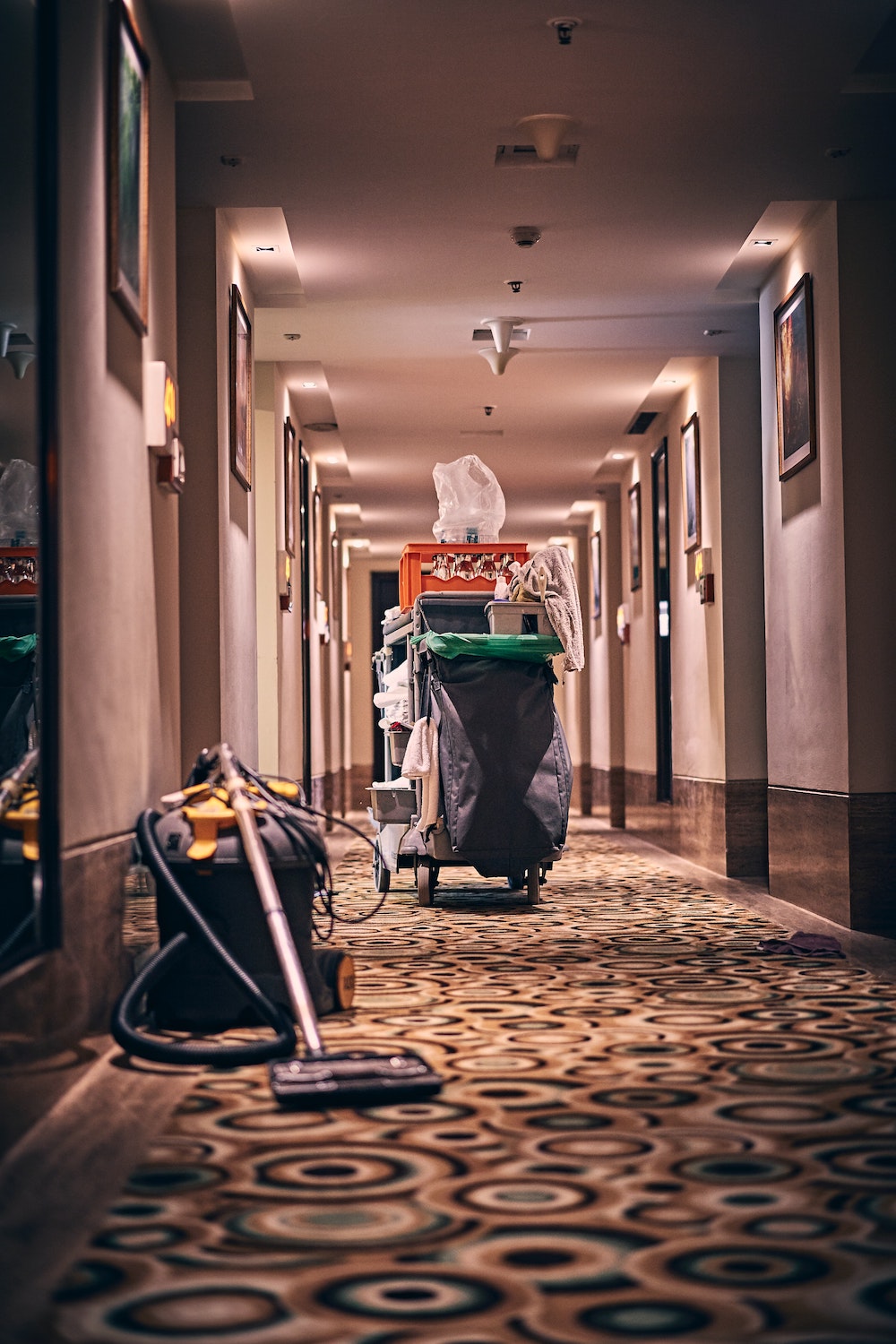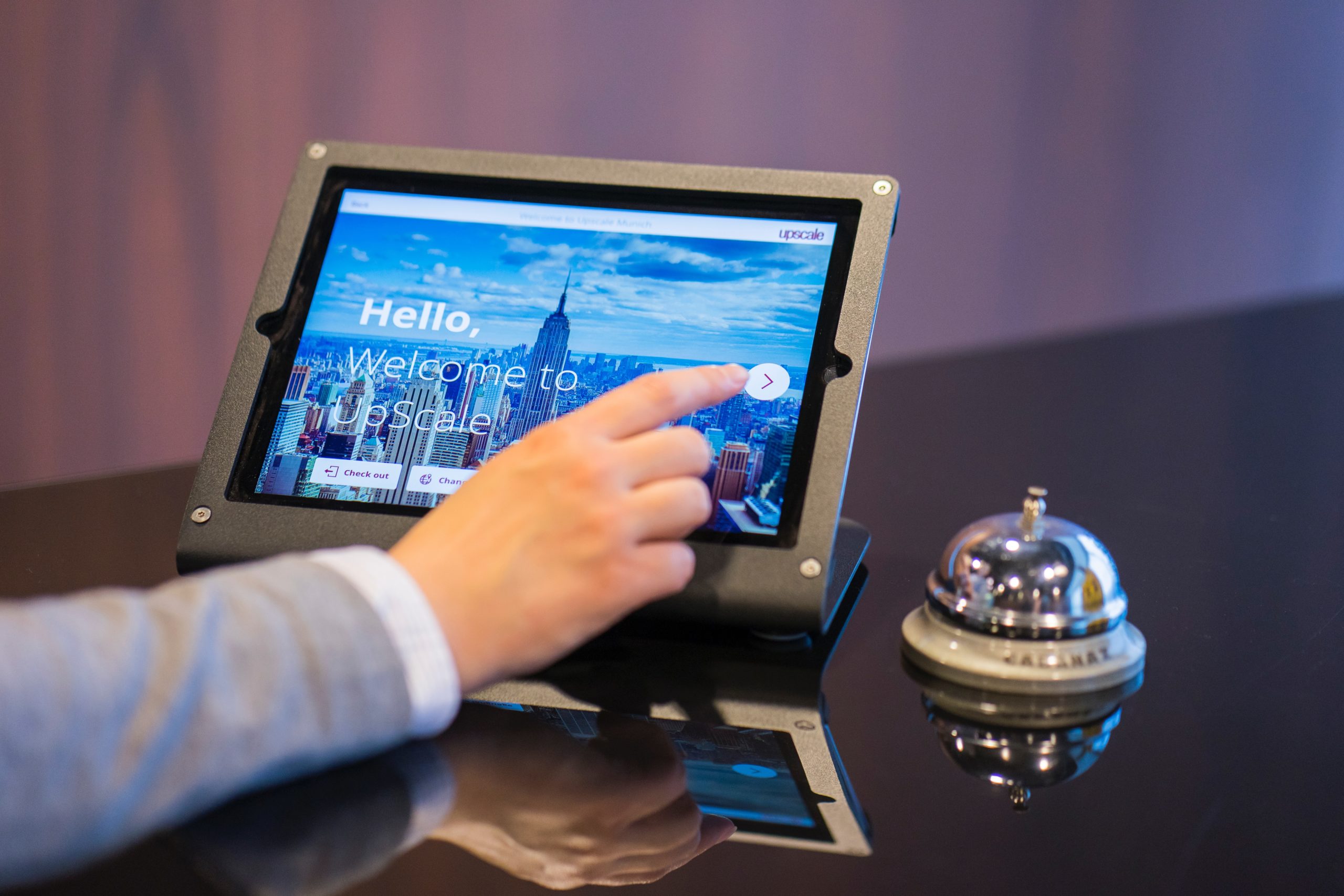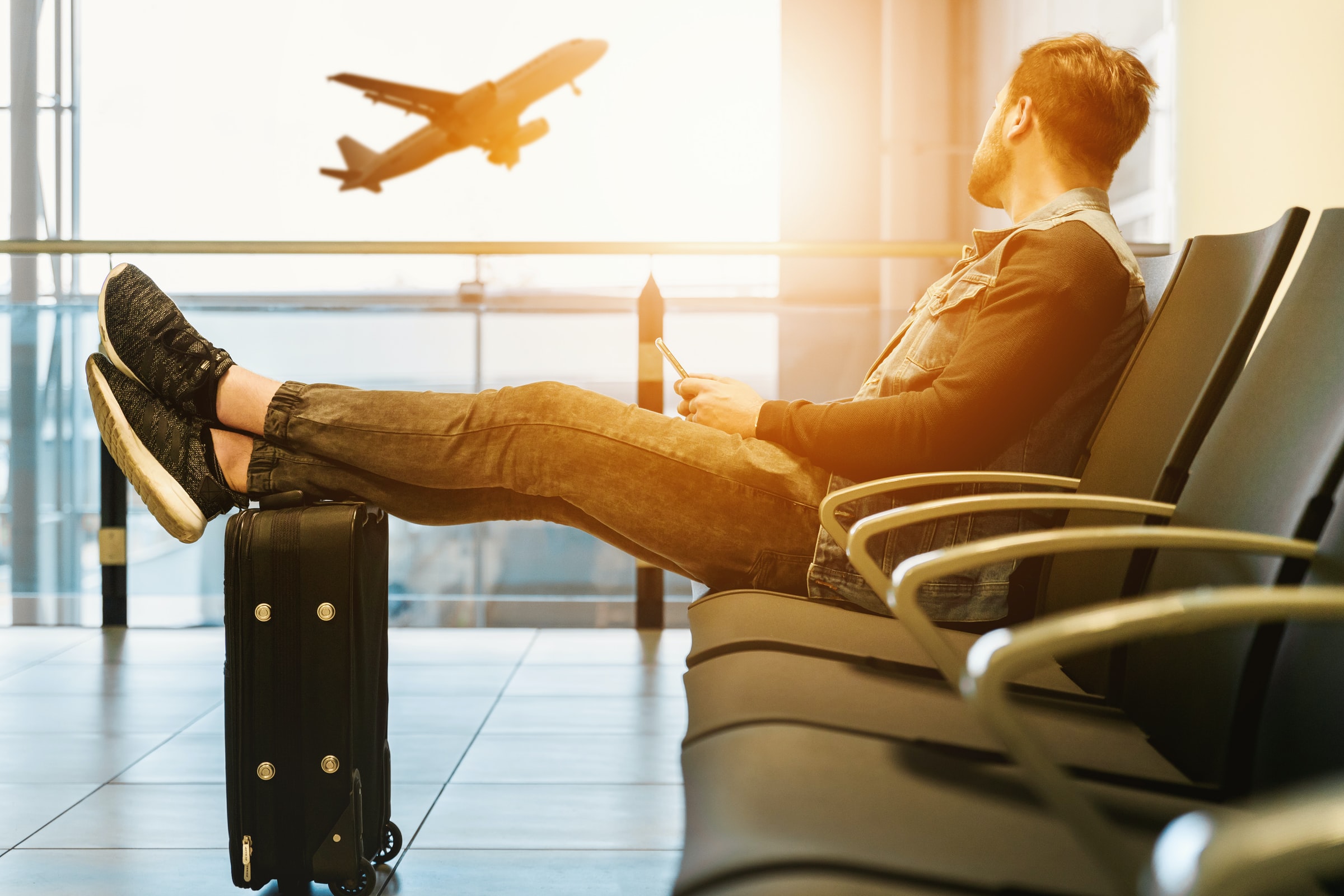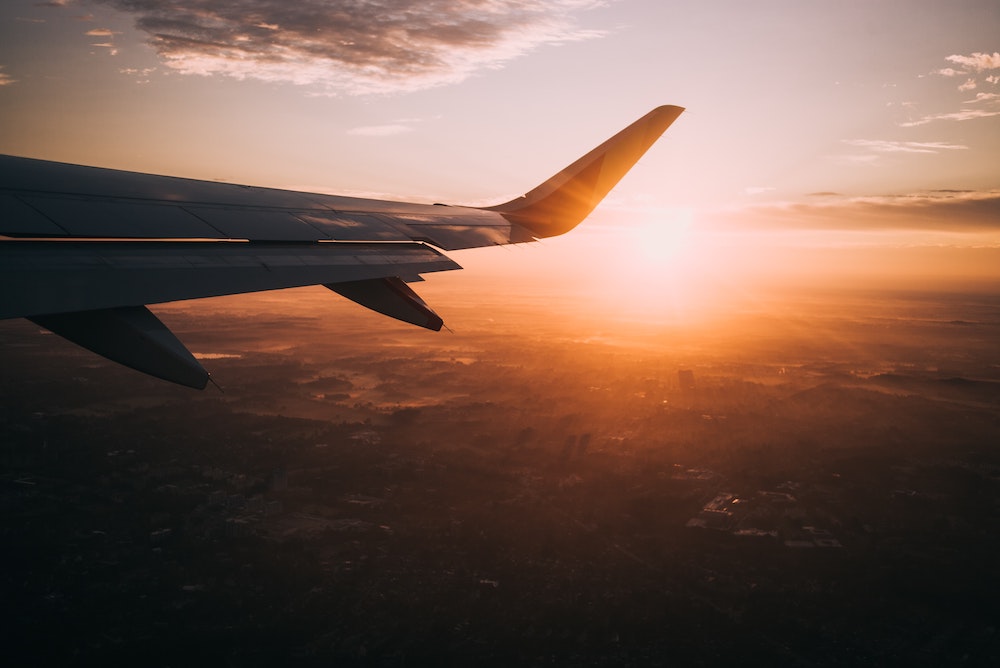As a result of the coronavirus outbreak and social distancing guidelines, our ‘new normal’ is causing a big shift in consumer behaviours and priorities. When the travel industry recovers, a hotel’s level of cleanliness, for example, will be front of mind for travellers. Hoteliers will need to be able to reassure guests that they can feel safe and secure and trust any new Duty of Care policies that have been put into place.
So what are some actions that hoteliers can take to help make these assurances, and rebuild and maintain guest trust in the process? Here’s a list.
1. Adhere to and publish new standards of cleanliness
Hotels will need to strictly follow new cleanliness standards as recommended by World Health Organization or other local, state or federal government. Some of these guidelines include:
- Training all staff on the protective measures and providing them with protective gear, including gloves and face masks
- Frequent cleaning of all hard surfaces and high-touch common areas (such as key cards, elevator buttons, handrails, front desk surfaces) with a standard bleach or alcohol-based disinfectant
- Disinfecting individual room high-touch surfaces (such as door handles, room locks, light switches, TV remotes, in-room safes, minibar fridges, coffee machines, and telephones)
- Disinfecting and changing all bed linens after each guest, including bedspreads, quilts, or throw pillows
- Removing ‘shared’ amenities that are not replaced after check-out, like desk pens, pads of paper, paper room service menus or hotel maps, or books and magazines
- As virus droplets can survive in the air for several hours, allow for each room to have sufficient time in between check-outs and check-ins
- Add free in-room sanitation amenities, such as hand sanitizer or face masks
Messaging about these new standards and processes, including the hiring or designating of a Public Safety Officer or Team, should be published on hotel’s websites, across their social media accounts, and in all OTA listings, so that guests can easily access this information.
2. Designate a Public Safety Officer or Team
Hotels should seriously consider hiring or designating a Safety Officer or Public Safety Team to manage new public health recommendations and Duty of Care guidelines. Ideally, this role or team will be made up of staff members who already have experience in this area or can complete any necessary certifications.
Additionally, a Health and Safety training program should be developed and made mandatory for the entire hotel staff, and any operational manuals or procedures updated to reflect these new standards.
3. Implement “visible” cleaning
A lot of cleaning and maintenance of shared hotel facilities such as pools, hot tubs and gyms is done when they are closed at night. But the best way for guests to be reassured of an increase in hygiene standards will be to see it happening in person. Gym equipment, showers, toilets, and changing rooms are high-risk areas, and should be thoroughly cleaned and disinfected multiple times a day, especially during busy periods.
The same goes for other common areas of the property as well: it’s going to put guests more at ease if they see staff constantly cleaning, disinfecting and wiping down surfaces as they walk about the hotel.
4. Implement social distancing throughout the hotel property
Social distancing will likely remain in effect until a vaccination is available. Until then, it will be necessary for hotels to integrate social distancing across the property – from check-in to seating at restaurants. Here are some specific measures that can be taken:
- Use social distancing markers on the floor or with posts for check-in lines or other high-traffic areas
- Use mobile terminals to relocate front desk terminals to designated areas in the lobby to act as separate check-in areas for guests. RoomKeyPMS has the functionality of operating on portable devices such as Microsoft Surface Pro tablets that allow for wireless mobility with the flexibility of performing any task while on the move.
- Implement contactless and keyless entry, or create check-in packages that can be assembled in advance for guests to retrieve from a designated area
- Reconfigure restaurant, lobby or bar seating to ensure appropriate distance between guests
- Post signage throughout the hotel lobby and other common areas to remind guests of recommended public health guidelines, such as social distancing and frequent hand washing or sanitizing, or the use of face masks (if required by local regulations)
5. Document and implement procedures for managing suspected cases
Until a vaccine is readily available, it will be very important for hotels to have documented procedures for identifying and managing any suspected cases of COVID-19. This includes not only hotel staff or contractors that may be sick, but also guests. Some of these processes may include:
- A separated area of the hotel designated as quarantine space, with it’s own access route separate from the rest of the hotel
- Arranged transportation to COVID-19 designated healthcare centres or hospitals
- A communication plan for the staff and guests
- An evacuation plan for the property, if necessary
- Disinfecting and cleaning any exposed areas
—
The implementation of these new standards is not only necessary, but a great opportunity for a hotel to publicize its commitment to public health and the safety of its staff and guests. Taking any (or all) of these measures are important first steps in reassuring guests that it is safe to visit and stay.
RoomKeyPMS makes it easier to provide the best guest experiences, increase revenue and reduce costs, through a cloud-based, better-supported property management system. Book a demo and learn more about the RoomKeyPMS tool and its offerings.
Image Credit: Ashwini Chaudhary on Unsplash




